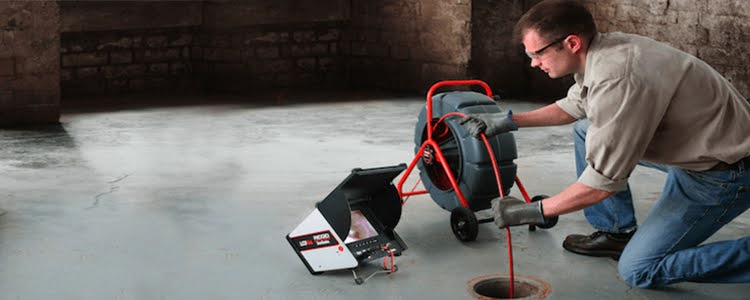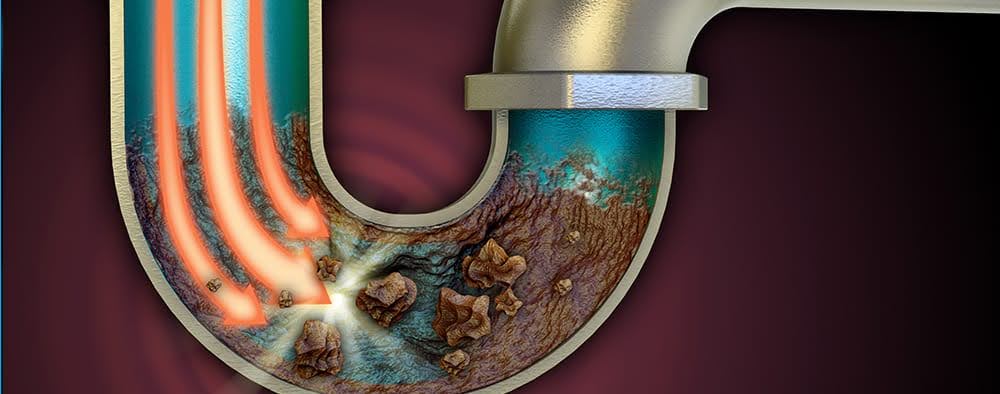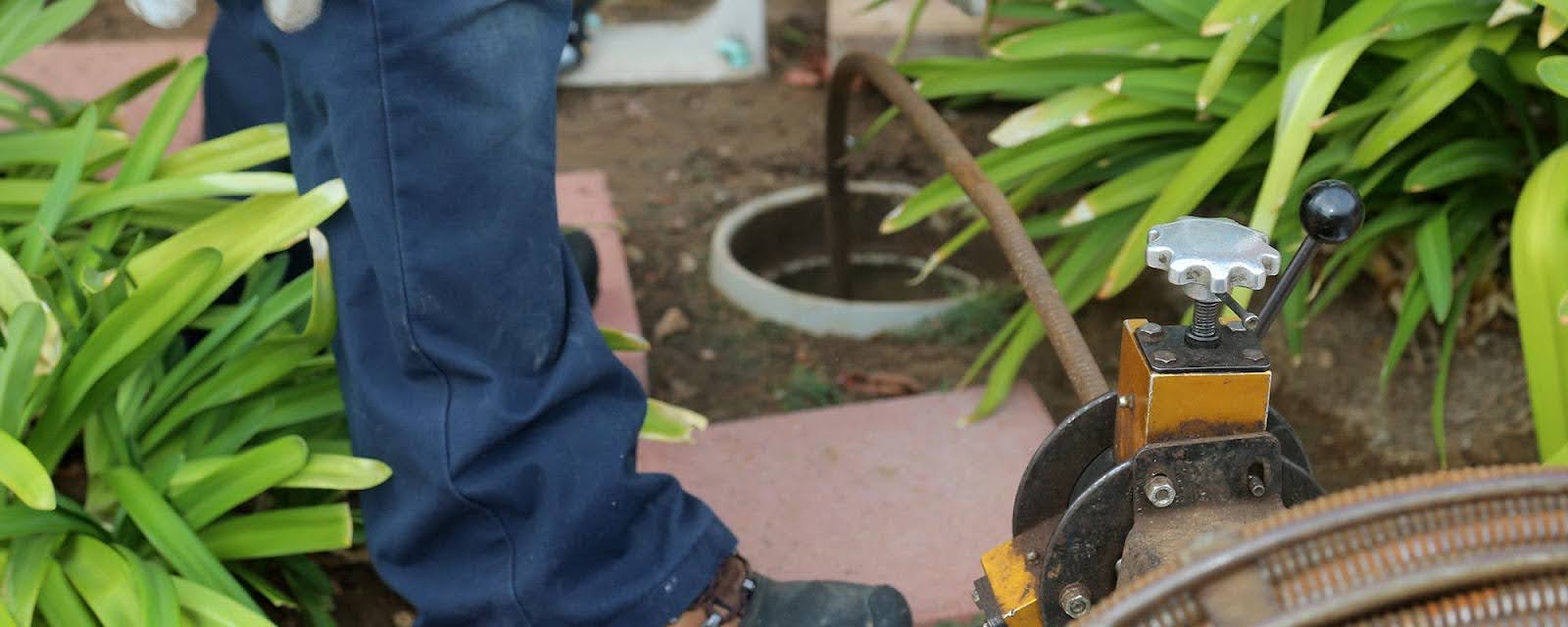As temperatures drop, one of the biggest risks homeowners face is frozen pipes. When water freezes inside a pipe, it expands, increasing pressure and potentially causing the pipe to burst. A burst pipe can lead to costly repairs and extensive water damage. Fortunately, there are simple steps you can take to protect your plumbing from winter’s harsh effects.
Why Frozen Pipes Are a Problem
Frozen pipes aren’t just an inconvenience; they can be a serious hazard. When a pipe bursts, water floods into your home, damaging floors, walls, and personal belongings. Additionally, repairing burst pipes can be expensive and time-consuming. Preventing frozen pipes is far easier and more cost-effective than dealing with the aftermath of a burst.
Beyond financial costs, burst pipes can also create mold and mildew issues, which pose health risks to your family. Water damage from leaks can weaken structural components of your home, leading to long-term damage if not addressed quickly.
How to Prevent Pipes from Freezing
- Insulate Exposed Pipes – Pipes in unheated areas, such as basements, attics, garages, and crawl spaces, are most at risk. Use pipe insulation sleeves or wrap pipes in heat tape to keep them warm.
- Keep a Steady Temperature – Maintain a consistent indoor temperature, even at night. Keeping your thermostat set to at least 55°F (13°C) can help prevent freezing. If you plan to be away for an extended period, consider leaving the heat on to avoid frozen pipes.
- Let Faucets Drip – On particularly cold nights, allow a small trickle of water to flow from faucets connected to vulnerable pipes. Moving water is less likely to freeze, reducing the risk of ice blockages.
- Open Cabinet Doors – Allow warm air to circulate around pipes under sinks by leaving cabinet doors open. This is especially important for kitchen and bathroom sinks located against exterior walls.
- Seal Drafts and Cracks – Check for gaps around windows, doors, and where pipes enter the home. Use caulk or insulation to seal off cold air. Even small drafts can significantly lower the temperature in areas where pipes run.
- Disconnect and Drain Outdoor Hoses – Leaving hoses attached to outdoor spigots can cause water to back up into the pipes, leading to freezing and bursting. Drain and store hoses indoors. Installing frost-proof hose bibs can also add an extra layer of protection.
- Shut Off Outdoor Water Supply – If you have an outdoor irrigation system, turn off the water supply and drain any remaining water before winter sets in. This prevents trapped water from freezing and expanding within the pipes.
- Consider Pipe Heating Cables – In particularly cold climates, installing pipe heating cables can provide an added layer of protection. These cables generate heat to keep pipes from freezing, especially in areas with severe winter conditions.
What to Do If Your Pipes Freeze
Despite your best efforts, pipes can still freeze in extreme cold. If you suspect a frozen pipe, act quickly to prevent bursting.
- Identify the Frozen Pipe – Look for reduced water flow or frost buildup on the pipe. The most common places for freezing are along exterior walls and in unheated spaces.
- Apply Heat – Use a hair dryer, heating pad, or space heater to gently warm the pipe. Never use an open flame, as this can cause a fire hazard.
- Keep Faucets Open – As the pipe thaws, running water will help melt the ice and relieve pressure.
- Check for Leaks – Once thawed, inspect pipes for any cracks or leaks that may have developed due to freezing expansion.
- Call a Professional – If you can’t locate the frozen section or if the pipe has already burst, contact a plumber immediately to minimize damage.
Avoid Costly Damage with Proper Winterization
Taking a few preventive steps now can save you from major headaches and expensive repairs later. By insulating pipes, keeping a steady indoor temperature, and following simple winterization tips, you can ensure your plumbing system stays intact through the coldest months. If you need help preparing your home’s plumbing for winter, Aquatech Sewer & Plumbing is here to assist!
Contact us today for expert advice and professional services to keep your pipes protected all season long.




